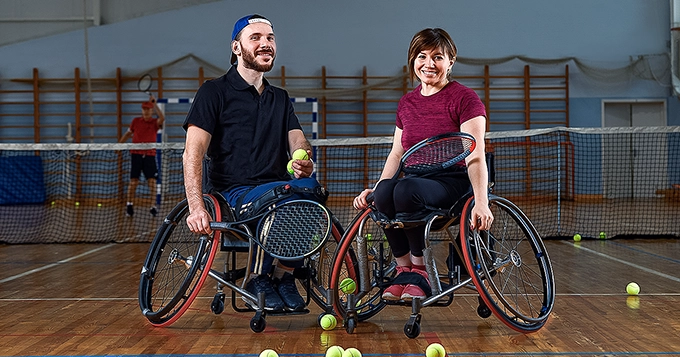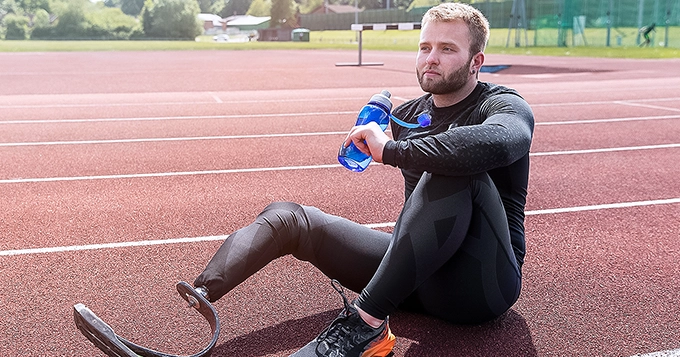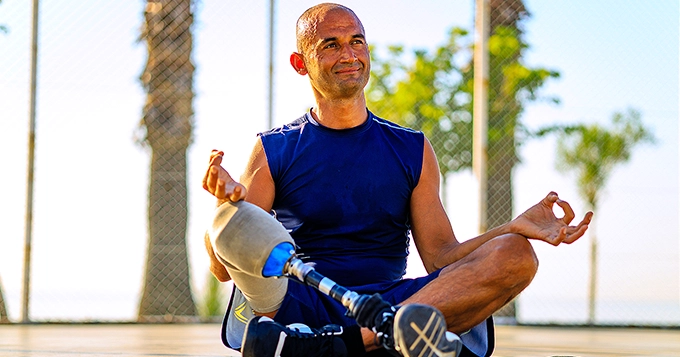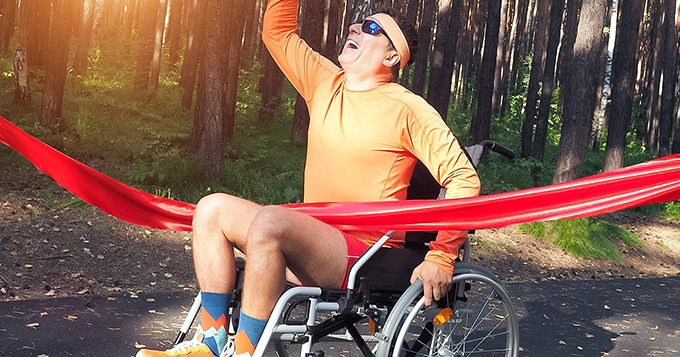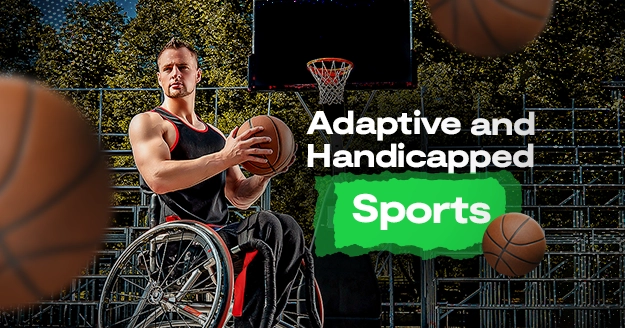There has been a significant shift in the world of sports towards inclusivity, with an increasing focus on adaptive and handicapped sports. This transformation not only challenges traditional perspectives but also provides a potent means of empowerment for individuals with varying abilities. This article delves into the multifaceted advantages and effects of adaptive and handicapped sports in promoting inclusivity, resilience, and personal growth.
Breaking Barriers Through Inclusion
Adaptive and disabled sports have a crucial role in dismantling societal barriers and challenging preconceived notions about individuals with disabilities. Through these sports, athletes are given the opportunity to display their talents, perseverance, and resilience. By providing a space for participation, adaptive and handicapped sports challenge stereotypes and promote a more accepting and inclusive society.
Building Confidence and Self-Esteem
Participating in adaptive sports has a significant impact on the development of confidence and self-esteem among individuals with disabilities. The challenges and victories encountered during competition lead to a profound sense of achievement, which empowers athletes to overcome obstacles not only in sports but also in their daily lives. This sense of accomplishment creates a deep sense of self-confidence and self-worth, which can have a positive impact on all aspects of an individual’s life.
Enhancing Physical and Mental Well-being
Engaging in adaptive sports provides a multitude of physical and mental health benefits. The customized nature of these sports caters to the distinct abilities and requirements of each athlete, promoting physical fitness, coordination, and cardiovascular health. Additionally, the sense of camaraderie and accomplishment contributes to positive mental well-being, promoting a holistic approach to health.
Promoting Social Inclusion
Adaptive and handicapped sports play a significant role in promoting social inclusion. By participating in sports events, individuals with disabilities can connect with others who have similar experiences, forming a supportive community that goes beyond physical and mental challenges. This sense of belonging is crucial in combating isolation and fostering enduring friendships.
Changing Perceptions and Inspiring Others
The success of athletes in adaptive and handicapped sports challenges the societal perception of disability. These athletes become influential advocates, motivating others to overcome obstacles, pursue their passions, and embrace their unique abilities. Through their stories and achievements, they contribute to a shift in perspective that celebrates diversity and inclusion, inspiring others to follow in their footsteps. Their visibility highlights the potential for individuals with disabilities to excel in sports and beyond.
Advancing Technological Innovation
The world of adaptive sports has witnessed significant technological advancements, resulting in equipment and assistive devices that cater to the unique needs of athletes with disabilities. These innovations not only enhance the performance of athletes on the field but also drive innovation in the broader context, positively impacting the development of adaptive technologies for various applications.
These advancements demonstrate the potential for technology to improve the lives of individuals with disabilities beyond sports, highlighting the importance of research and development in this area.
Conclusion
The impact of sports for people with disabilities goes beyond the playing field, shaping societal perceptions, promoting inclusivity, and fostering personal growth. As we celebrate the achievements of athletes with diverse abilities, it becomes clear that adaptive sports are about more than competition; they are about breaking barriers, building resilience, and creating a world where everyone has the opportunity to thrive, regardless of physical or cognitive differences.
